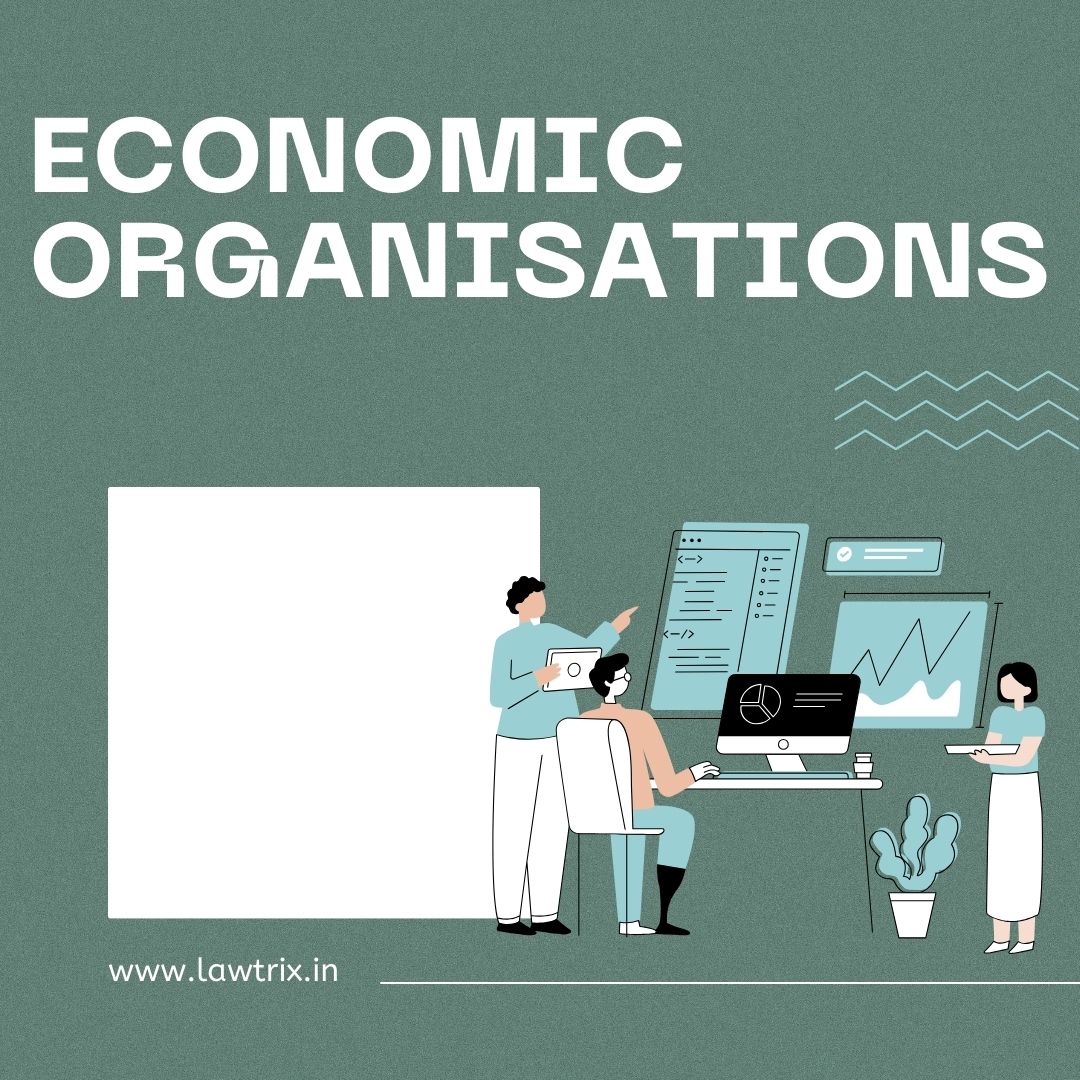


Economic Bodies in the World:
Organisation
for Economic Co-operation and Development (OECD):
The OECD's Committee on
Fiscal Affairs (CFA) is responsible for developing international tax standards
and guidelines. It oversees initiatives such as the Base Erosion and Profit
Shifting (BEPS) project, which aims to address tax avoidance strategies used by
multinational corporations.
The OECD provides a
platform for member countries to exchange information, best practices, and
experiences in tax policy and administration.
It conducts research and
analysis on various tax-related issues, including digital taxation, transfer
pricing, harmful tax practices, and tax transparency.
The OECD also collaborates with non-member countries and regional organizations to promote international tax cooperation and capacity building.
International
Monetary Fund (IMF):
The IMF provides
technical assistance and policy advice to member countries on tax policy
design, revenue administration, and fiscal management.
It conducts economic
assessments and reviews of member countries' tax systems to identify areas for
improvement and reform.
The IMF helps countries
strengthen their tax policy frameworks, enhance tax compliance and enforcement,
and improve the efficiency and equity of their tax systems.
It also supports international efforts to combat tax evasion, money laundering, and the financing of terrorism through its Financial Action Task Force (FATF).
World
Bank Group:
The World Bank Group's
tax-related activities are primarily carried out by the World Bank and its affiliated
organizations, such as the International Finance Corporation (IFC) and the
Multilateral Investment Guarantee Agency (MIGA).
The World Bank provides
technical assistance, capacity building, and policy advice to help countries
mobilize domestic resources, strengthen tax systems, and improve revenue
administration.
It supports reforms in
tax policy and administration, including the simplification of tax codes, the
modernization of tax administration systems, and the enhancement of taxpayer
services.
The World Bank also works on initiatives to combat tax evasion, illicit financial flows, and corruption, particularly in developing countries.
United
Nations (UN):
The UN Committee of
Experts on International Cooperation in Tax Matters is a subsidiary body of the
Economic and Social Council (ECOSOC). It provides a platform for member states
to discuss and exchange views on international tax cooperation and policy
issues.
The UN supports efforts
to strengthen tax cooperation among countries, enhance transparency and
information exchange, and combat tax evasion and illicit financial flows.
It also develops model
tax conventions and guidelines to assist countries in negotiating double
taxation treaties and implementing international tax standards.
The UN assists developing countries in building their capacity to design and administer effective tax systems, mobilize domestic resources for sustainable development, and achieve the Sustainable Development Goals (SDGs).
World
Trade Organization (WTO):
While the WTO's primary
focus is on international trade, it also addresses certain aspects of
international taxation, particularly those related to trade barriers, customs
valuation, and tariffs.
The WTO's Agreement on
Trade-Related Aspects of Intellectual Property Rights (TRIPS) includes
provisions on customs valuation methods for intellectual property rights, which
can have implications for taxation.
The WTO's Trade Facilitation Agreement (TFA) aims to simplify and streamline customs procedures, including those related to taxation, to facilitate international trade.
G20:
The G20 brings together
the world's major advanced and emerging economies to address global economic
challenges. Taxation is often on the agenda of G20 summits and finance minister
meetings.
The G20 promotes
international cooperation on tax matters, including efforts to promote tax
transparency, combat tax evasion and avoidance, and address tax challenges
arising from digitalization.
It supports the implementation of international tax standards and guidelines developed by organizations such as the OECD and the UN, and it encourages countries to exchange tax information and cooperate in tax enforcement efforts.
European
Union (EU):
The European Union
plays a significant role in shaping tax policies among its member states. It
harmonizes certain aspects of taxation, particularly in the areas of
value-added tax (VAT) and corporate taxation, to facilitate trade and prevent
tax competition within the EU's single market.
The EU develops common
rules and standards for taxation, including directives on VAT, excise duties,
and the taxation of savings income.
It also coordinates
efforts to combat tax evasion and avoidance, improve tax transparency, and
strengthen cooperation among EU member states in tax matters.
These international tax
bodies collaborate with governments, international organizations, civil
society, and the private sector to promote fair, transparent, and efficient tax
systems at the global, regional, and national levels. Their efforts contribute
to the development of international tax standards, the prevention of tax
evasion and avoidance, and the mobilization of domestic resources for
sustainable development.